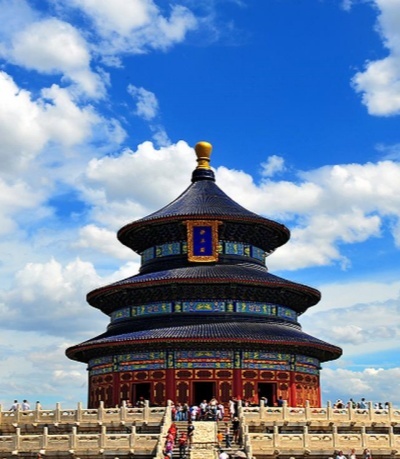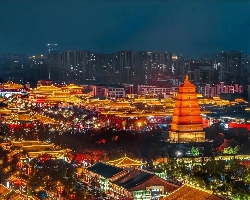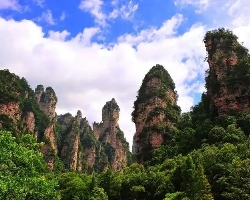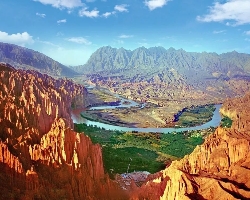- Home
- Tour Packages
- Destination
- About Us
- Contact
- Reviews
- Travel Guide
-
-
- Must-Go Destination Travel Guides
- Yunnan
- Guizhou
- Pingyao
- Hangzhou
- Guangzhou
- Guilin
- Chongqing
- Datong
- Huangshan
- Xiamen
-
-
-
- Customize Your Trip
Email:[email protected]
Email:[email protected]
Just China Tours, Just For You!
798 Art District: A Journey Through Beijing's Contemporary Art Haven
- Home
- 798 Art District: Beijing Unique Art Gallery in 798 Art Zone
Nestled in the northeastern part of Beijing, the 798 Art District stands as a vibrant testament to China's thriving contemporary art scene. This unique cultural hub, born from the remnants of decommissioned military factories, offers visitors an unparalleled blend of industrial heritage and cutting-edge creativity.
Background SAtory of Beijing 798 Art District
The 798 Art District, also known as Dashanzi Art District, has its roots in the 1950s when it was established as part of a joint project between China and East Germany. Originally designed as a complex of state-owned electronics factories, the area features distinctive German Bauhaus-style architecture characterized by spacious, light-filled workshops.
As China's economy shifted in the late 20th century, these factories began to close. In the early 2000s, artists recognized the potential of these abandoned spaces and began transforming them into studios and galleries. This organic evolution marked the birth of what would become one of Beijing's most exciting cultural destinations.
Architectural Marvel at Beijing 798 Art District
The 798 Art District's unique charm lies in its seamless blend of industrial heritage and contemporary art. Visitors can marvel at:
- Bauhaus-Inspired Buildings: The preserved factory structures showcase high ceilings, large windows, and saw-tooth roofs that provide excellent natural lighting.
- Communist-Era Remnants: Red slogans from the Maoist era still adorn some walls, offering a glimpse into the area's political history.
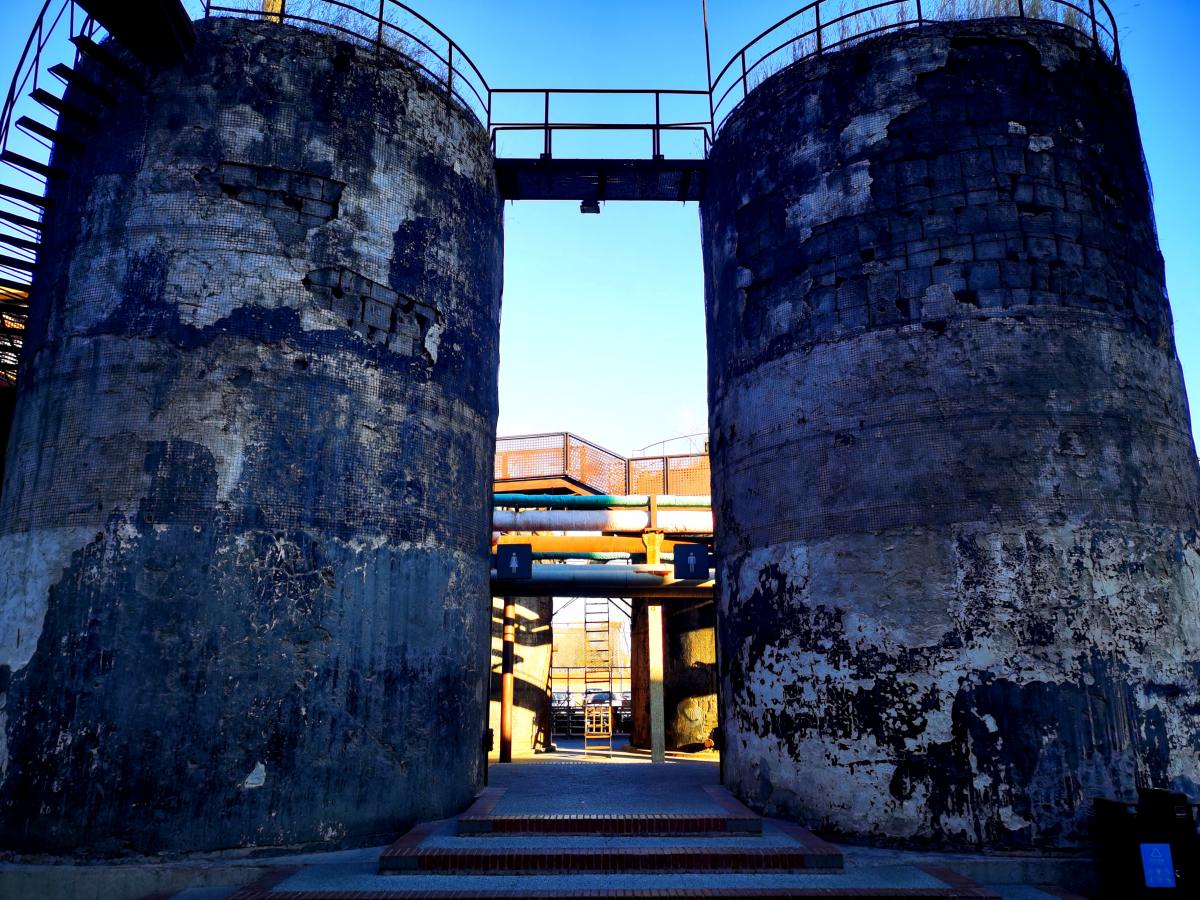
798 Art Zone
What to See in 798 Art Zone
Art Galleries and Exhibitions
The district is home to nearly 200 galleries, exhibitions, and art centers. Some must-visit spaces include:
- 798 Art Factory: Founded in 2003, this 1200-square-meter space retains much of its original industrial character and hosts cutting-edge contemporary art exhibitions.
- Ullens Center for Contemporary Art (UCCA): Considered the centerpiece of the district, UCCA occupies 10,000 square meters and attracts over a million visitors annually.
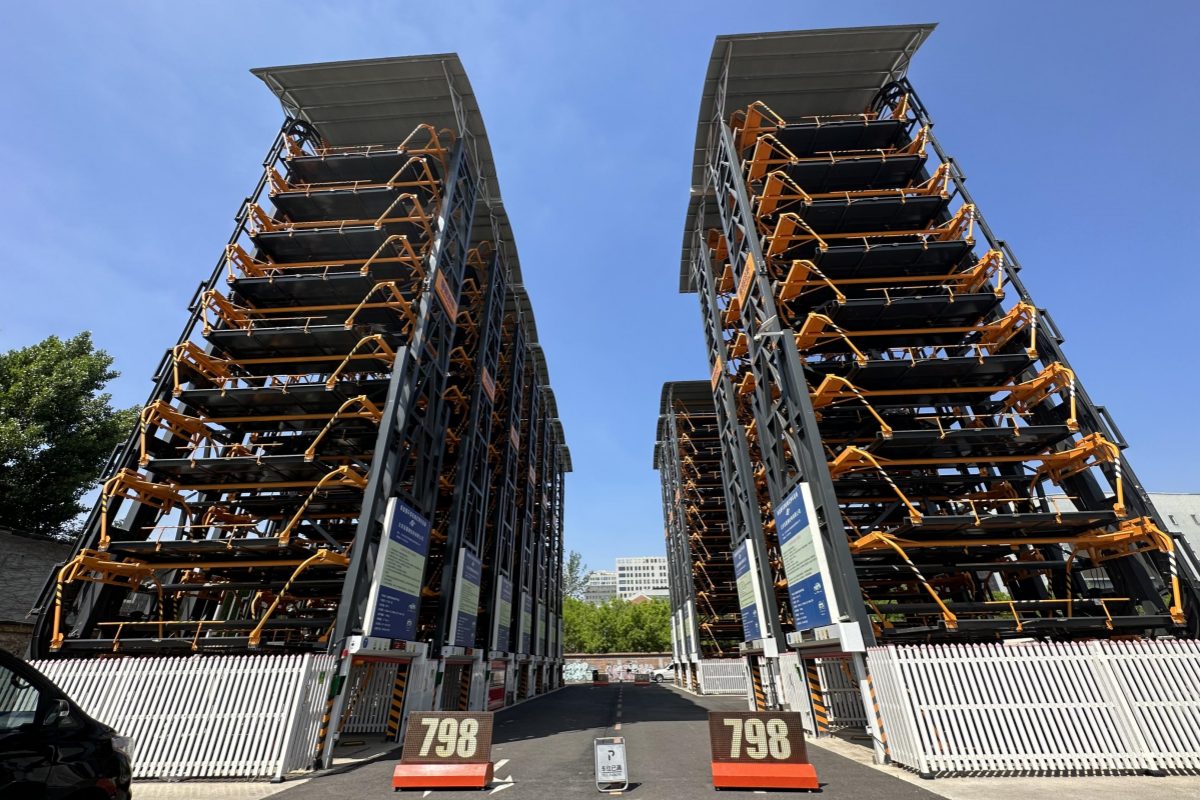
Stereoscopic Parking Facilities in 798 Airt District
Outdoor Art and Installations
The art experience extends beyond gallery walls:
- Public Sculptures: Oversized statues and installations dot the streets, including a massive steel Tyrannosaurus Rex and a mirrored rabbit.
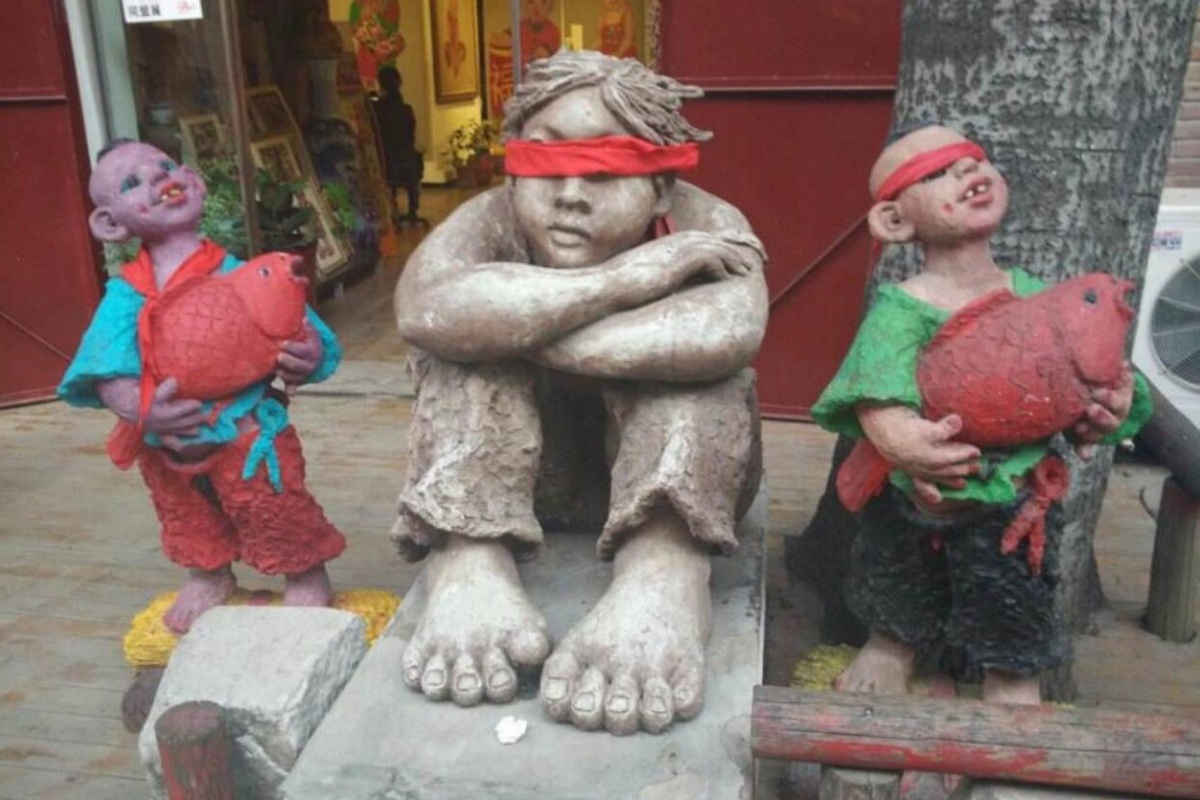
Public Sculptures in 798 Art District
- Street Art: Colorful murals and graffiti transform the district's walls into open-air canvases.
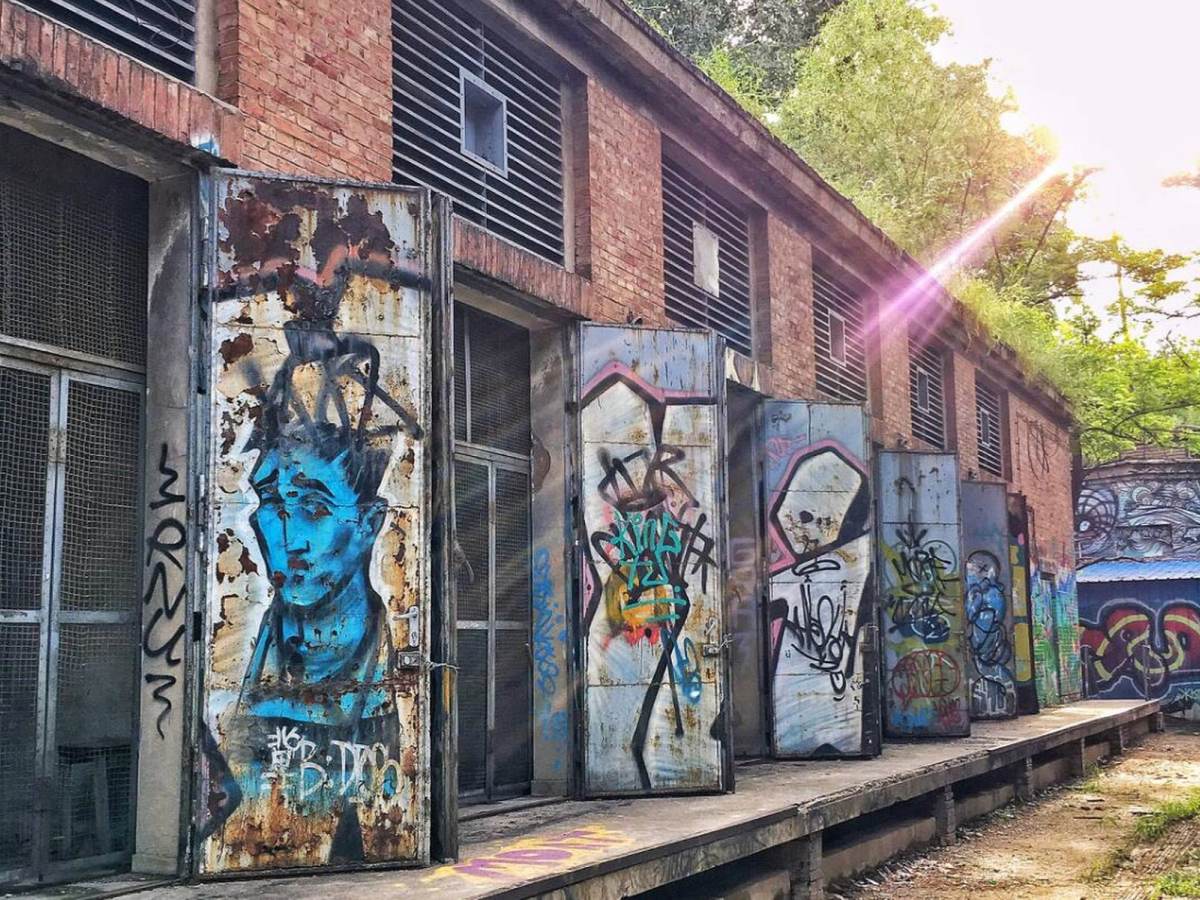
Colorful Murals and Graffiti
Cultural Experience
Beyond visual arts, 798 offers a rich cultural tapestry:
- Design Shops: Boutiques selling unique clothing, accessories, and home goods showcase Chinese design talent.
- Cafés and Restaurants: Trendy eateries serve international cuisine, from quinoa salads to avocado toast, albeit at higher-than-average prices.
- Events: The district hosts various events throughout the year, including art fairs, fashion shows, and live music performances.
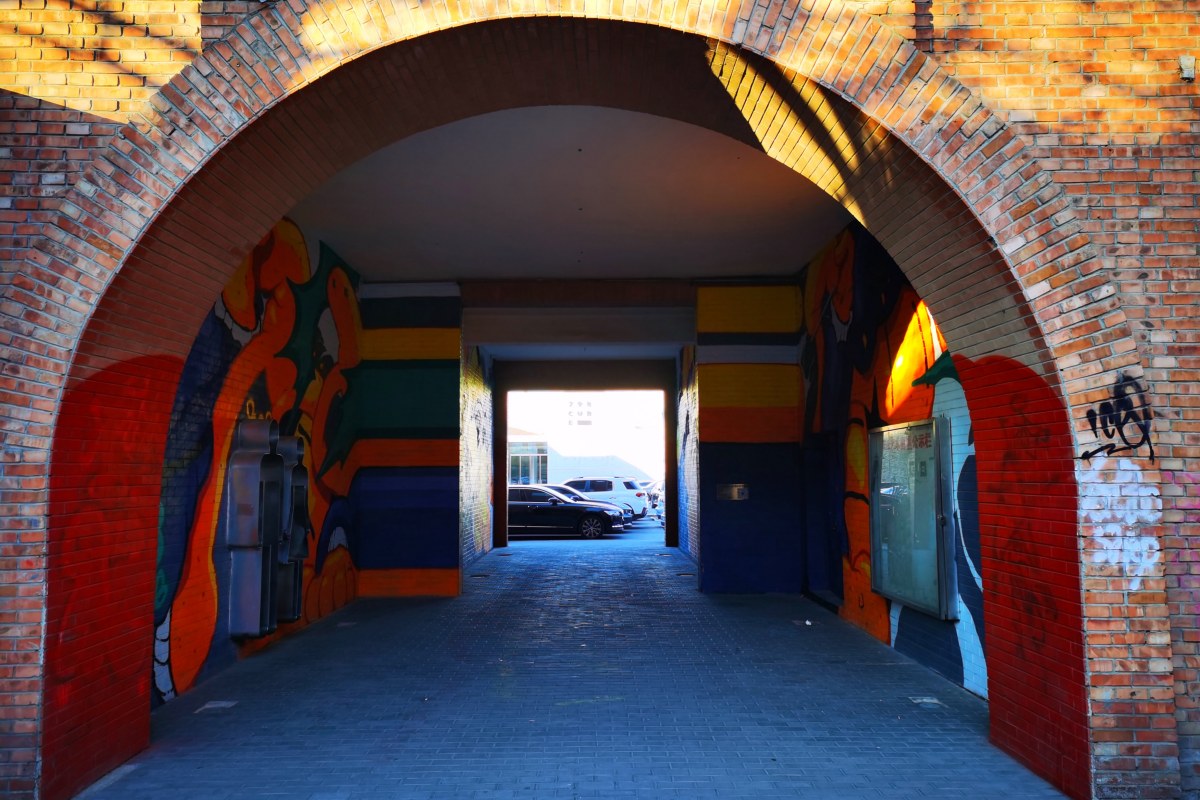
Exhibition in 798 Art District
Practical Information about 798 Art Zone
- Location: Dashanzi, Chaoyang District, Beijing
- Best Time to Visit: The district is lively year-round, but weekdays are less crowded.
- Getting There: Easily accessible by public transportation or taxi
- Recommended Time: Allocate at least half a day to fully explore the area
A visit to 798 Art District is a journey through the evolution of contemporary Chinese art and culture. As you wander through the maze-like streets, you'll encounter a fascinating juxtaposition of old and new. Industrial chimneys loom over colorful sculptures, while former workshops house cutting-edge multimedia installations.
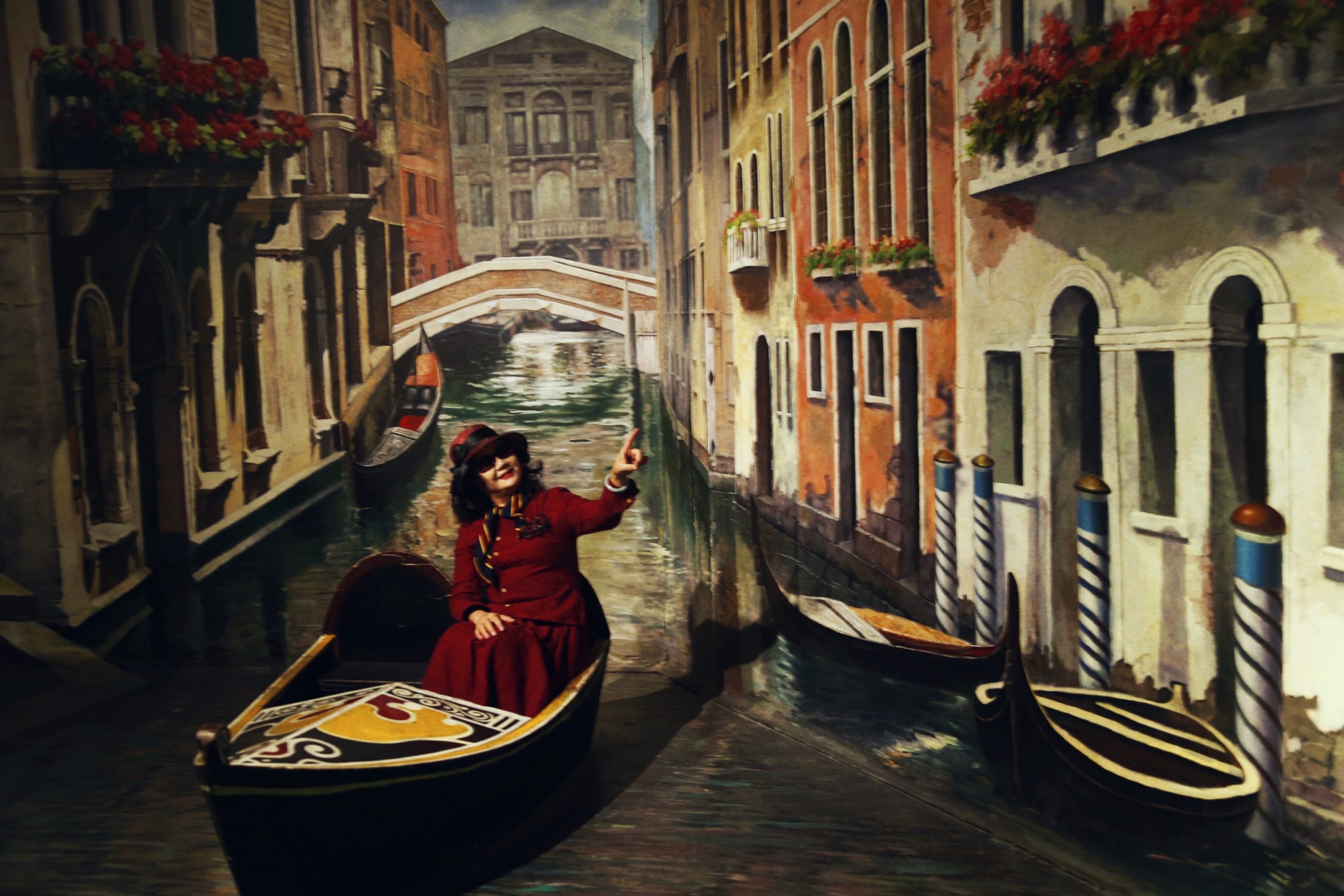
3D Museum in 798 Art District
The district's transformation reflects broader changes in Chinese society, with many artworks exploring themes of social change, freedom, and identity. This makes 798 not just an art destination, but a window into the complexities of modern China. While the area has become increasingly commercialized over the years, it retains its creative spirit. Every corner offers a new discovery, whether it's an avant-garde exhibition, a quirky café, or a thought-provoking mural.
The 798 Art District stands as a testament to the power of art to transform spaces and communities. It offers visitors a unique, immersive experience that goes beyond traditional tourism, inviting them to engage with China's vibrant contemporary culture. Whether you're an art enthusiast or simply curious about Beijing's creative side, 798 promises an unforgettable journey through one of Asia's most dynamic art scenes.

